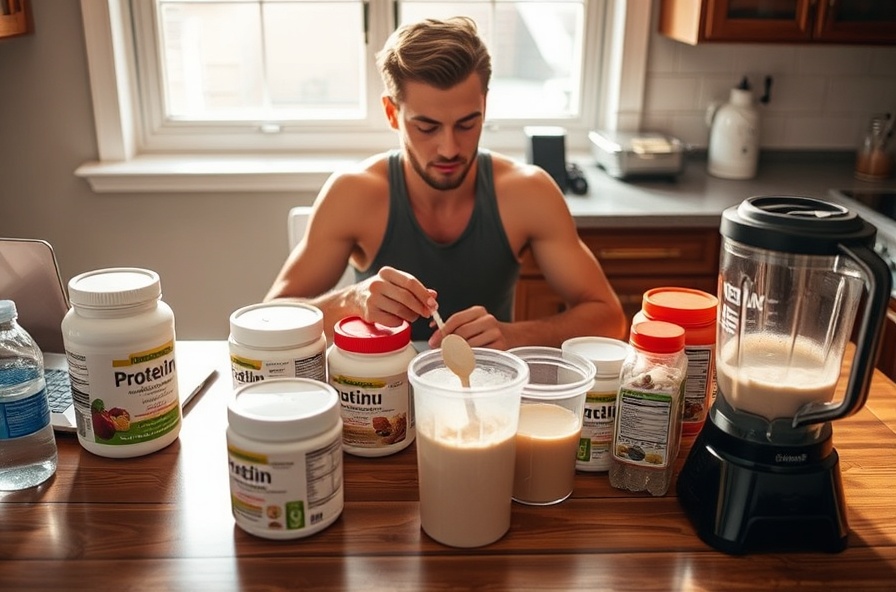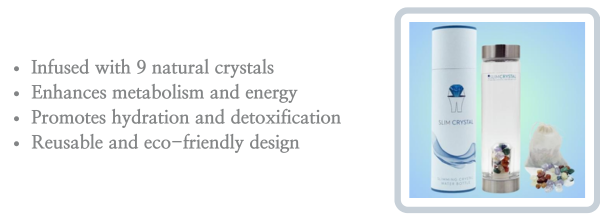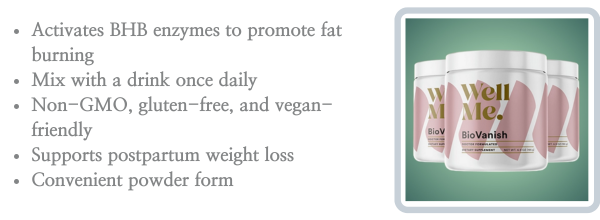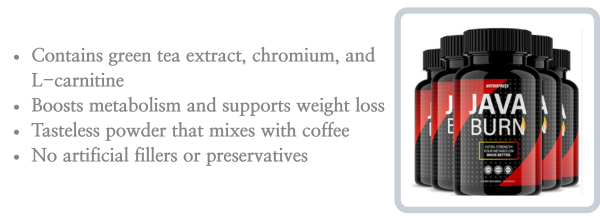
You know that moment when you’re lost in the supplement aisle, surrounded by a fortress of giant, shiny protein powder tubs, each one louder than the last with promises of bigger muscles, better health, or whatever else they’re trying to sell? Yeah, I’ve definitely been there, too. If you’ve ever stared blankly at those labels and wondered, “Wait… does any of this even make sense?”—this is the place for you. Let’s pull back the curtain: I’ll walk you through those different types of protein powder, how to make choices that suit your goals (and your actual food preferences), which claims to ignore, and what info on the labels actually matters for real people. By the end, you’ll be way less overwhelmed—maybe even inspired to give breakfast shakes a go. Or not. But at least you’ll know what’s really up. Ugh, protein powder. It’s everywhere, and if you’ve ever thought about picking one up, you probably realized just how overwhelming the choices are. Sure, these powders can be super handy for hitting your daily protein goals—no argument there. But how are you supposed to know which one actually fits with your lifestyle, your goals, and the food you actually want to eat? Grab a seat; we’re going to break it down and make this whole process way less intimidating.

You know that moment when you’re lost in the supplement aisle, surrounded by a fortress of giant, shiny protein powder tubs, each one louder than the last with promises of bigger muscles, better health, or whatever else they’re trying to sell? Yeah, I’ve definitely been there, too. If you’ve ever stared blankly at those labels and wondered, “Wait… does any of this even make sense?”—this is the place for you. Let’s pull back the curtain: I’ll walk you through those different types of protein powder, how to make choices that suit your goals (and your actual food preferences), which claims to ignore, and what info on the labels actually matters for real people. By the end, you’ll be way less overwhelmed—maybe even inspired to give breakfast shakes a go. Or not. But at least you’ll know what’s really up.
Ugh, protein powder. It’s everywhere, and if you’ve ever thought about picking one up, you probably realized just how overwhelming the choices are. Sure, these powders can be super handy for hitting your daily protein goals—no argument there. But how are you supposed to know which one actually fits with your lifestyle, your goals, and the food you actually want to eat? Grab a seat; we’re going to break it down and make this whole process way less intimidating.
The sheer number of options in the supplement aisle? It’s kind of ridiculous, honestly. You walk in thinking you’ll just snag something basic, but twenty minutes later, you’re squinting at ingredient lists, half-convinced that college chemistry class would’ve been good prep for this. At its simplest, protein powder is really just—well, protein. Extracted from stuff you’d recognize: milk (that’s whey), or a bunch of plants, like peas and hemp.
Why even bother with protein powder in the first place? For a lot of people, it’s a muscle thing—helping out recovery after a tough workout. But honestly, sometimes it’s about saving time or making up for gaps when regular meals don’t cut it. Life gets nuts, and let’s be real, sometimes you need quick fixes. If you have special dietary needs or you’re aiming for high protein intake, this stuff can actually be a lifesaver. (Even the Cleveland Clinic says so. Who knew!)
What surprised me is how people sneak it into everything. It’s not just for smoothies—protein powder finds its way into oatmeal, pancakes, or even some wild baking experiments. For some folks, this dusty scoop is the only reason breakfast exists. Hey, whatever works.
Does it all actually do what it promises? Well, here’s where things get complicated. It really, truly depends on what you want out of it. If your goal is to build muscle, science says that, paired with good workouts, protein supplements can help. Weight loss? The powders that don’t sneak in extra sugar seem to fill you up, so you might hold onto your muscles better as you trim down.
But here’s the letdown—protein powders are all over the map in terms of quality and content. Honestly, it’s way better to get most of your protein from real, whole foods when you can, because you get way more nutrition that way. Protein powder? It’s just a backup plan, not a life hack.
Also, not every powder is created equal, and figuring that out took me some trial and error. I had a friend who got tired of feeling gross after trying all those “new and improved” powders—she stopped getting suckered in by fancy buzzwords and just picked something simple (pea protein, in her case) with a short ingredient list. Suddenly, no more weird aftertastes. Most dietitians will back this up: stick to plant-based options like pea, rice, or hemp, and skip the long, weird ingredient lists.
If you’re tempted? Please, do yourself a favor: buy the smallest size first. See if your body and your taste buds appreciate it. Try mixing it with stuff you actually enjoy—frozen berries, peanut butter, whatever. If it feels like a treat instead of a punishment, you’ll actually use it.
Honestly, protein supplements aren’t all that mysterious. They aren’t magic, and your daily habits and goals mean more than whatever the trendiest powder promises. If you find one that helps you out, great—but don’t sweat finding “the one.”

Try a few different things, mess around with flavors and recipes, and eventually, you’ll stumble on something that actually fits your routine—not just your macros. And hey, if it takes a few flops before something sticks, that’s totally normal.
sources
-
Tips for Picking a Protein Powder That Suits Your Life (Not the Hype)
-
Understanding What to Look For in a Protein Supplement
-
Smart Strategies For Healthier Protein Powder Choices – Piedmont Healthcare
Today’s related searches: how to choose protein powder for beginners, best protein powder for lactose intolerance, clean ingredient protein powder options, how to use protein powder for baking, protein powder for post workout recovery
Each offers exceptional value and is designed to support your health in meaningful ways


